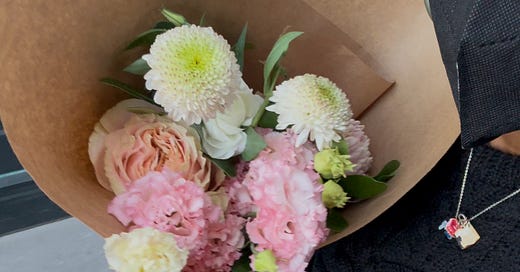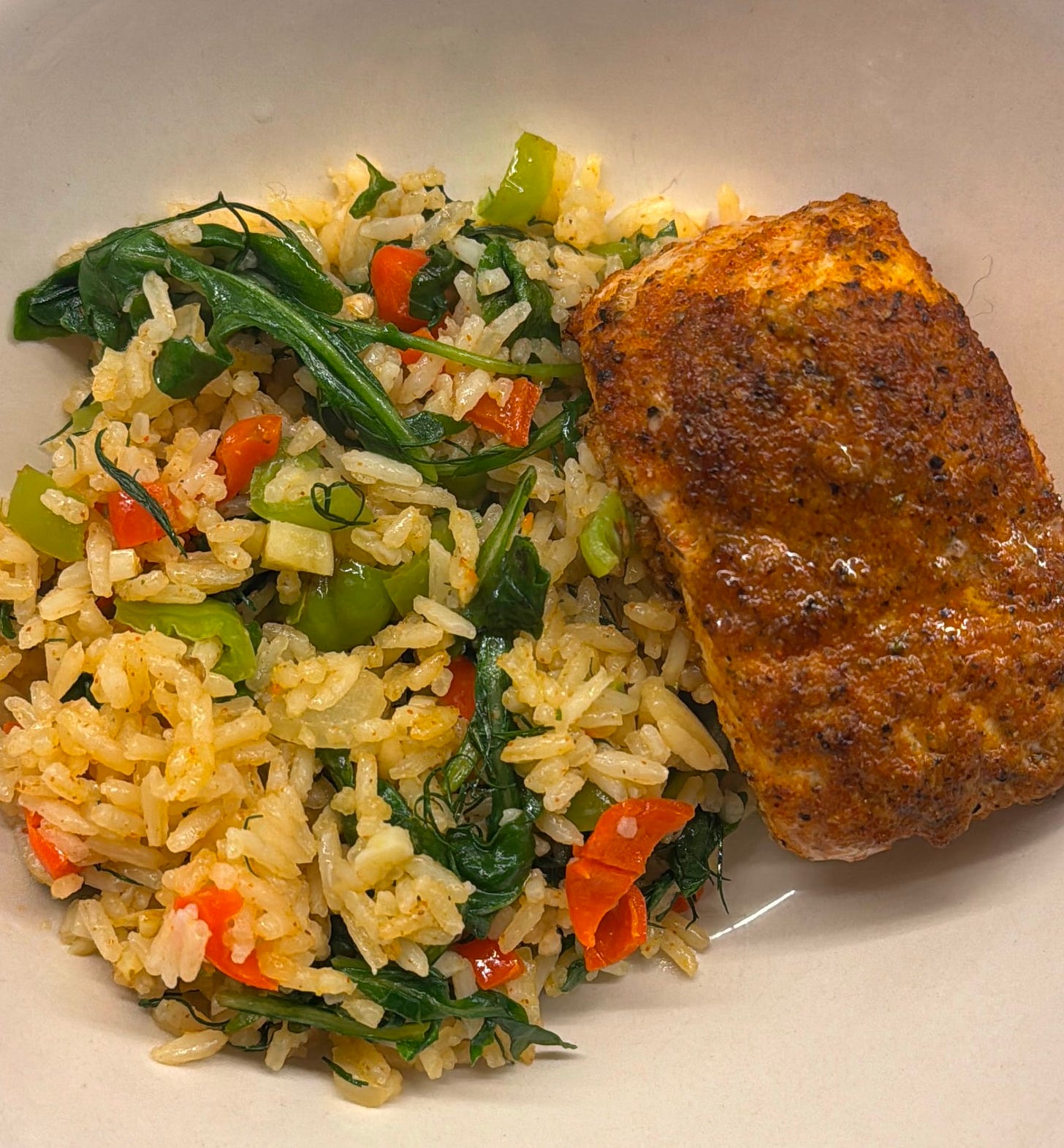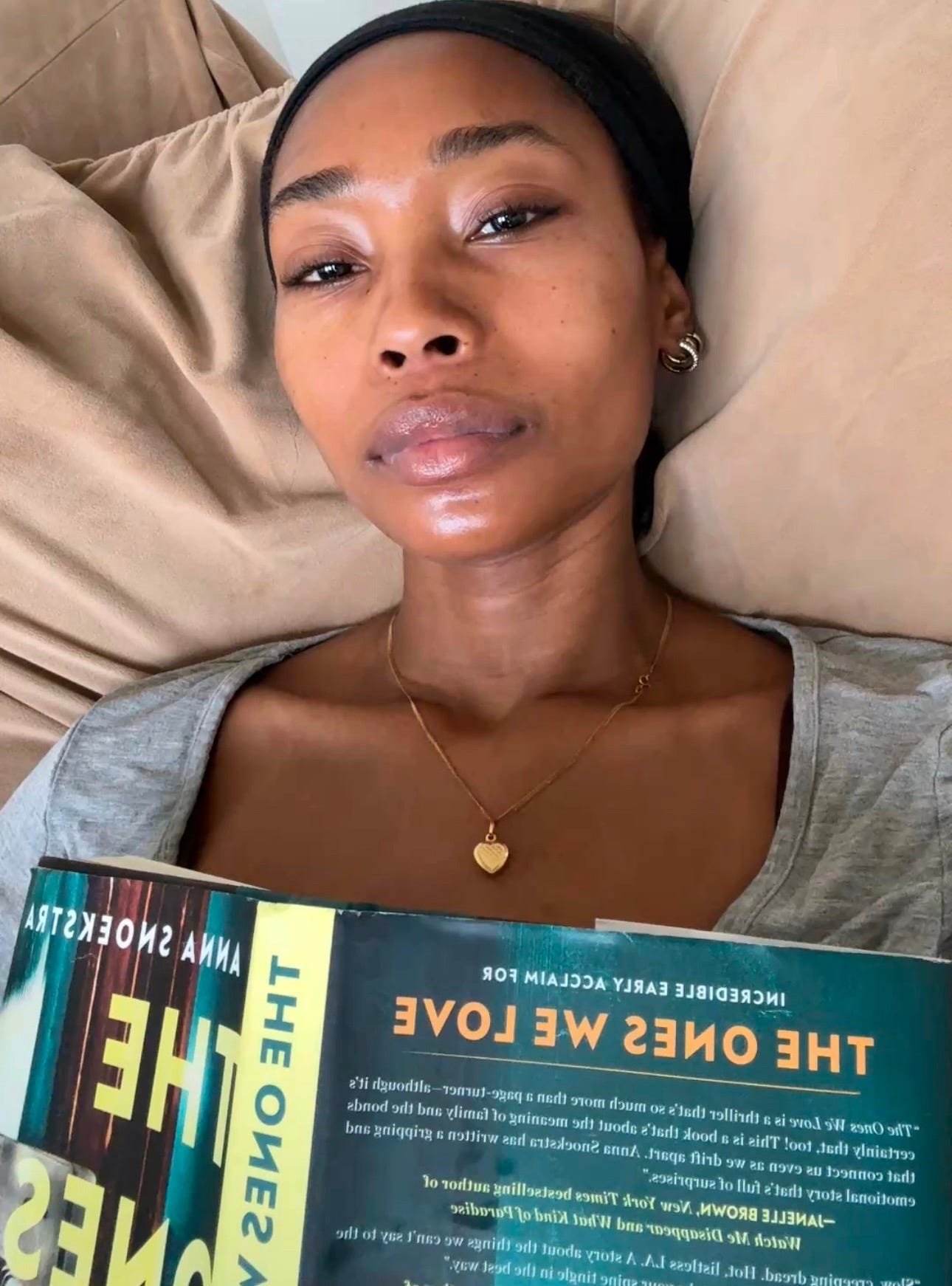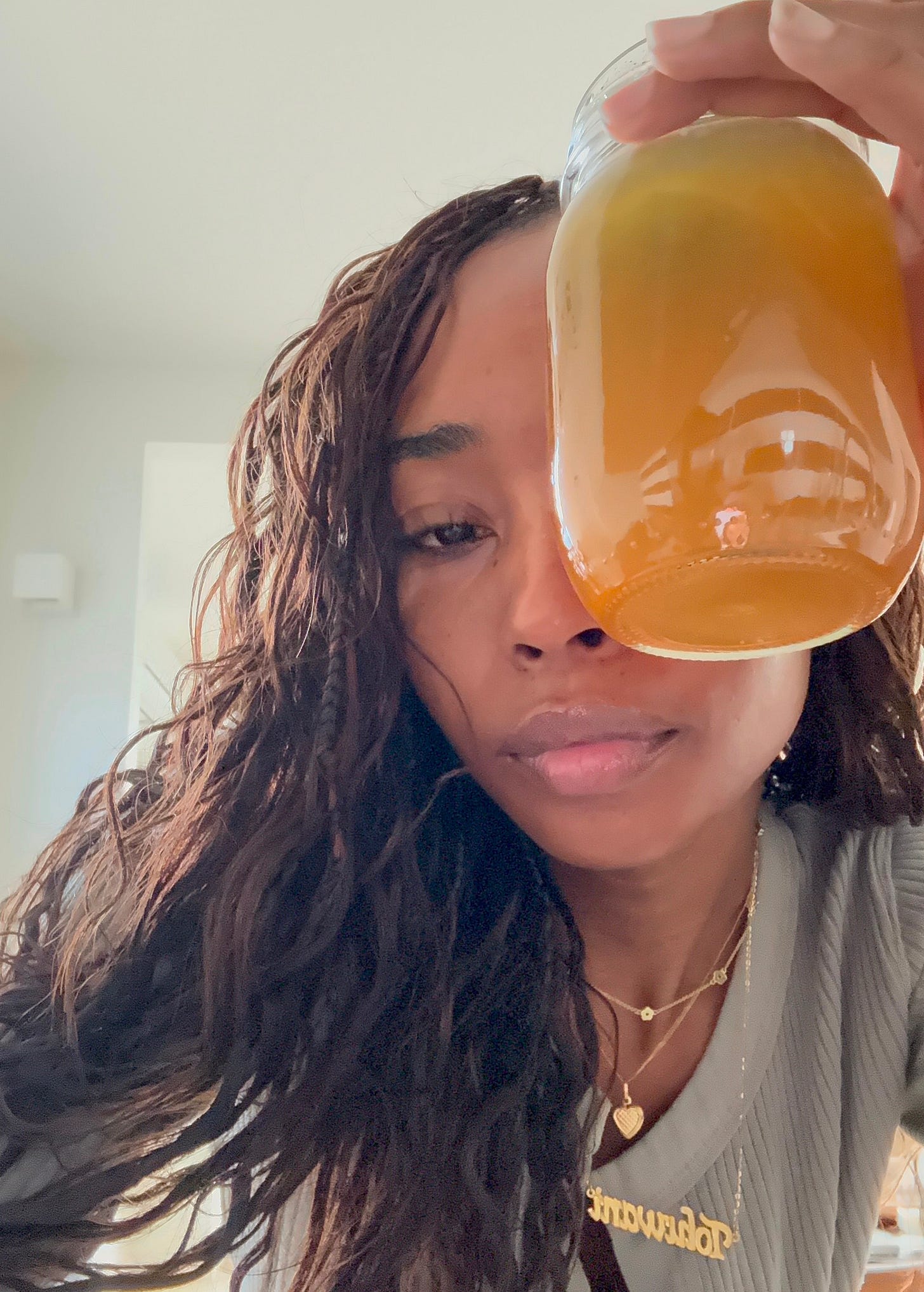9 Habits to Balance Your Hormones
Some simple actions to incorporate into your lifestyle
Hormonal acne and imbalanced hormones can feel frustrating and often pretty painful; but, incorporating simple lifestyle changes can make a big difference over time. Small habits stack up. Just remember that it’s about progress, not perfection.
1. Move daily
Regular light movement such as daily walks, gentle yoga, or cycling can help keep cortisol and insulin in check; both of which tend to cause breakouts.
You don’t need to do an intense workout everyday. Literally a 20-minute walk or a daily stretch can help balance out stress hormones. But, don’t forget to wash sweat off your skin asap to avoid clogging your pores.
*Tip: If you already do high-intensity workouts frequently, try mixing in lower-impact workouts like yoga into your routine to prevent cortisol spikes.
2. Stay Hydrated
Water is a key factor in your body’s ability to detox so your skin cells can regenerate effectively. Proper hydration helps your liver and kidneys flush out hormone byproducts so they don’t build up and lead to an imbalance. Also, not drinking enough water raises your cortisol levels because your body interprets dehydration as stress.
Some ways to stay hydrated are to sip water periodically throughout the day; eat water-rich foods like cucumber, watermelon, and soups; and drink more herbal teas.
3. Get quality sleep (7-9 hours)
7–9 hours of sleep per night is the sweet spot! When you sleep, your body resets hormones and clears toxins. Skimping on sleep leads to spikes in cortisol levels. So, to clarify it in more science-y terms: chronic lack of sleep keeps your stress response running on high, which can spike insulin and inflammation.
Having a healthy sleep schedule boosts your growth hormone, which aids in your body’s ability to heal and repair. And surprisingly, sleeping well also reduces your sugar cravings.
4. Eat a gut-friendly diet
Acne and hormones are directly impacted by our gut health. Try to include lots of fiber-rich plant foods such as vegetables, fruits, whole grains, and legumes to feed good gut bacteria. I have a longer post about food and skincare that you can read here to learn more.
5. Avoid added sugars
Sugary foods and drinks cause insulin spikes, which in turn drive up androgens and IGF-1; these are the hormones linked to more oil production and acne. Try to swap sweet treats for natural sugars like fruit or just eat sugar in deep moderation. Either way, reduce your sugar intake. Reducing sugars not only calms insulin but, it also cuts inflammation leading to less breakouts.
6. Intentional self-care practices
Practicing mindfulness, taking up a relaxing hobby, or doing gentle yoga can help reduce cortisol levels in your body. Figure out what relaxes you; maybe it’s a hot bath, stretching, journaling, watch movies, etc. and build it into your routine. Stress is cumulative, so reverse it and incorporate small mindful habits throughout your day.
7. Spend time outside (at least 15mins a day)
15–30 minutes of daylight each day can go a long way. Sunlight triggers vitamin D production in your skin. Natural light also keeps your circadian rhythm (body clock) on track which indirectly balances hormones.
*As always, use sunscreen between the hours of 8am to 5pm!
8. Reduce or cut caffeine out of your life (ideally cut)
Coffee and caffeinated drinks can be stressful on the system. Caffeine causes the adrenal glands to release more cortisol. That burst of energy can also jerk your blood sugar around and make PMS + acne flare ups worse.
Consider swaps like matcha, green tea, or herbal teas.
Key Nutrients to Check
Certain vitamins and minerals are important for hormone balance and skin health. I recommend getting bloodwork done to see the areas that you are deficient in, and building your supplement stack from there. But here are some supplements to look into as a starting point:
Omega-3 Fatty Acids: These anti-inflammatory fats (from fish, flaxseeds, walnuts) help calm the immune system. Studies suggest people who eat fish regularly have less acne.
Magnesium: This vitamin helps regulate cortisol and relax your body. Magnesium-rich foods include leafy greens, nuts, seeds, and whole grains.
Vitamin D: Most people (especially Black people) have low vitamin D levels, which can affect immunity and inflammation leading to worsening acne.
Zinc: This is an essential vitamin for skin repair. Zinc helps to reduce inflammation and improve skin regeneration. People with acne tend to have slightly lower zinc levels. Foods like pumpkin seeds, beef, lentils and spinach to help boost your natural zinc supply.
Instead of getting overwhelmed by the thought of overhauling your entire life overnight, try to incorporate one or two of these habits a week.
Maybe start with a relaxing evening walk outside, drink an extra glass of water, or go to bed 30 minutes earlier. Over time these habits will help you build a calmer body and lead to clearer skin.
Stay curious and listen to your body as you learn what helps and hurts your hormones. Clear skin is just the side effect of a healthier lifestyle.







